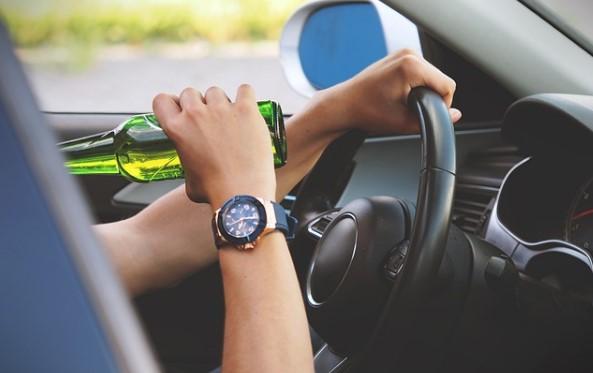How to Avoid Drinking and Driving
Driving while intoxicated or under the influence of drugs is extremely dangerous. By some estimates, as high as 29 people die daily in motor vehicle crashes in which an alcohol-impaired driver is involved.
However, there are several ways you can act more responsibly and prevent drinking and driving. But first, it’s important to understand the consequences you could face if the temptation isn’t avoided.
What Is Drinking And Driving?
Drinking and driving, also referred to as driving under the influence (DUI) or driving while intoxicated (DWI), is the act of operating a vehicle with a blood alcohol content (BAC) of at least 0.08% and is considered a crime in most states.
For people under the age of 21, driving with even small amounts of alcohol is a criminal offense. In some states, the penalties can be enhanced if the driver is found with a very high BAC, children in the vehicle, or other multiple convictions.
If you are caught in an accident while under the influence of alcohol, it’s best to hire a lawyer like Austin DWI as soon as possible to help figure out your next step.
Always Appoint a Driver
Before planning to go out to a bar or a party with friends, always make sure someone is willing to drive everyone back home safely. It’s a solid strategy that only works as long as the designated driver doesn’t get drunk too.
As the person appointed as the designated driver, they should remain clear-headed throughout the entire evening and be able to take their friends home. Many bars even offer free non-alcoholic drinks to the party’s designated driver.
Never Drink When You’re Alone
If you are going out alone by yourself, avoid drinking. When you are alone in a vehicle you are much more likely to take risks behind the wheel, combining this with alcohol might lead to an unpleasant situation.
To prevent this, order a club soda, soft drink, or a healthy mocktail instead. You can have just as good a time without alcohol as you can have with drinking it.
Don’t Drink on An Empty Stomach
Drinking on an empty stomach leads to a faster progression of getting intoxicated, leading to a lower restraint for your own well-being and increasing the probability of you driving while drunk.
Though you can still easily fall under the influence of alcohol with or without food, adding a meal to it can reduce the likelihood of a DUI.
Additionally, drinking on an empty stomach can affect your small intestines badly. Much of the alcohol that you drink passes quickly from the stomach into the small intestines and is absorbed into the bloodstream.
Do Not Ride With Anyone Who’s Been Drinking
Another one of the most important things to remember is never to get in a vehicle with someone who’s been drinking and aims to drive.
Riding with someone who is under the influence is just as reckless as putting yourself behind the wheel while drunk. The same goes for someone who’s consuming drugs while driving.
Stay Over For a Night
If you are visiting a friend or a family member and drinking at their home, you should ask them to stay the night over there if you don’t have anyone to drive you back.
Of course, it’s mostly not possible if you’re at a random party or in public. In that case, asking a friend or family member that lives close by to let you stay the night is much better than driving intoxicated.


Leave a Reply